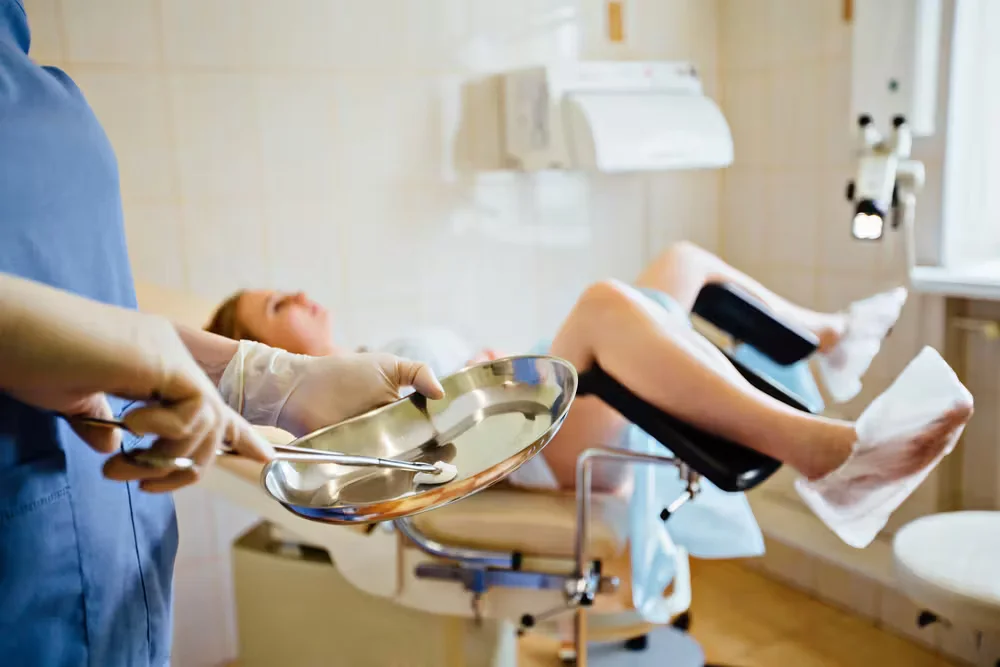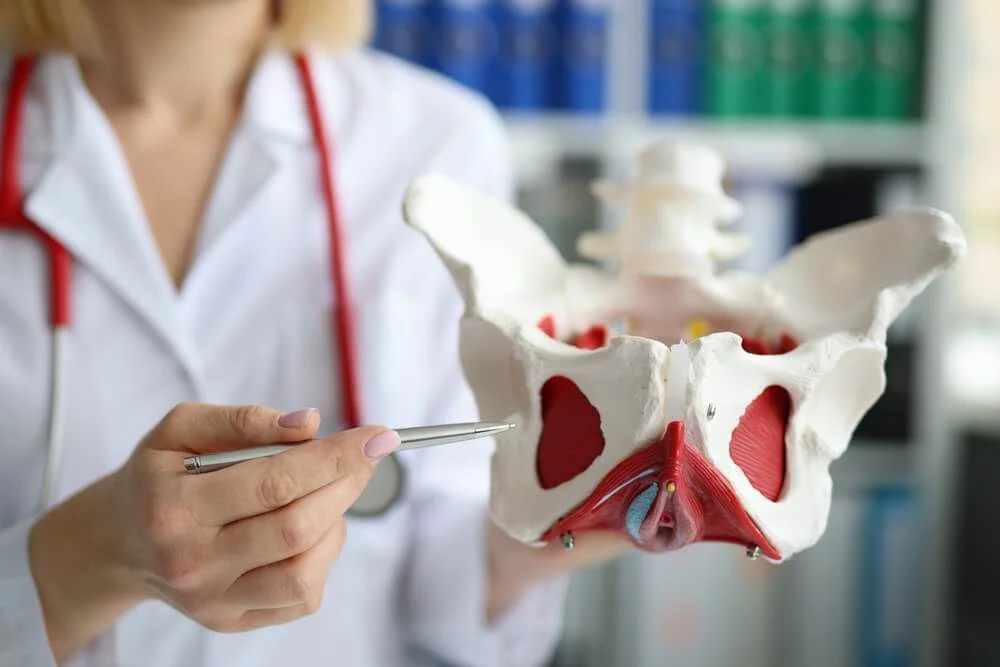Surgical Correction of Genital Prolapse in Abu Dhabi
Elyzee Hospital is one of the best medical centers in Abu Dhabi specializing in Surgical Correction of Genital Prolapse.

Surgical Correction of Genital Prolapse in Abu Dhabi
Genital prolapse is a condition that affects women and can cause discomfort impacting their quality of life. Surgical correction, also known as organ prolapse surgery provides a solution for this issue. In this guide we will explore the world of correction for genital prolapse. We will discuss its benefits, identify candidates, provide details on the consultation and preparation process, explain the procedure itself, talk about operative recovery, outline the expected results, offer a concluding perspective and address frequently asked questions to shed light on this important aspect of women’s health.
The benefits of this procedure
One of the advantages of undergoing treatment for genital prolapse is the restoration of proper support for pelvic organs, which provides relief from discomfort and symptoms associated with prolapse. This procedure aims to reposition and secure organs like the bladder, uterus or rectum back to their positions within the body. By addressing prolapse through surgery women can benefit from improved bladder and bowel function, reduced pressure and an overall enhancement in their quality of life.

The best candidate for this procedure
Women who are considered candidates for treatment of genital prolapse are those who have received a diagnosis of pelvic organ prolapse. This condition may involve the bladder (cystocele) uterus ( prolapse) rectum (rectocele) or a combination of these conditions. Typically these candidates experience symptoms such as pressure, urinary incontinence, bowel dysfunction and discomfort. It is crucial to consult with a healthcare provider, a gynecologist or urogynecologist to evaluate the severity of the prolapse, determine the surgical procedure and discuss potential risks and benefits.
Consultation with a Doctor and Preparation for the Procedure
Patients who are considering treatment for prolapse first have a detailed discussion with their healthcare provider. This conversation includes the provider reviewing the patient’s history conducting an examination and possibly ordering diagnostic tests, like urodynamic studies or imaging. The preparation phase may also involve talking about the procedure itself, any risks involved and instructions to follow before the operation, which might include stopping specific medications and making lifestyle adjustments.
What's Happening During the Procedure
The surgical treatment of prolapse can be done using methods, such, as vaginal, abdominal or laparoscopic techniques. The choice of approach depends on the type and severity of the prolapse as the patient’s overall health. In this procedure the surgeon uses techniques and materials like mesh or sutures, to reposition and secure the affected pelvic organs. The approach and specific techniques used are customized for each patient’s circumstances.
After the Procedure and Recovery
After having surgery to fix prolapse patients may experience some pain, swelling and discomfort, in the treated area. Taking pain medication can help relieve these symptoms. The amount of time it takes to recover can differ depending on the technique used and how complicated the procedure is. In general patients are usually recommended to refrain from lifting objects or engaging in activities for approximately one week and then gradually ease themselves back into their regular daily routines. Regular follow up appointments are important to monitor the progress of healing and ensure a recovery.
Final Result
The ultimate outcome of correcting prolapse is the restoration of support for pelvic organs and an improved quality of life. Patients can anticipate relief from symptoms like pressure, in the region, incontinence and bowel dysfunction. The primary goal of the procedure is to prevent the recurrence of prolapse by positioning the organs in their natural state offering long term benefits.
Conclusion
Surgically correcting prolapse is a procedure for women who experience discomfort and symptoms related to pelvic organ prolapse. This procedure offers effective relief, improved pelvic organ support, and enhanced overall well-being. Consulting with a healthcare provider and discussing the most appropriate approach are essential steps in managing genital prolapse and ensuring optimal outcomes.

FAQ
As with any procedure there are risks involved such as the possibility of infection, bleeding and complications associated with anesthesia. Moreover some patients might encounter problems related to the mesh used which should be thoroughly addressed and discussed with the surgeon during the consultation process.
While surgical correction of genital prolapse is primarily aimed at improving pelvic organ support and relieving symptoms, it can have an impact on sexual function. It’s essential to discuss any concerns or potential changes in sexual function with the healthcare provider during the consultation.
Although surgical correction is intended to offer long term relief there is always a chance of the issue returning if there are underlying risk factors or if the patient fails to adhere to operative instructions. It is crucial to attend follow up appointments and maintain pelvic health to minimize the likelihood of recurrence.
Make An Appointment

